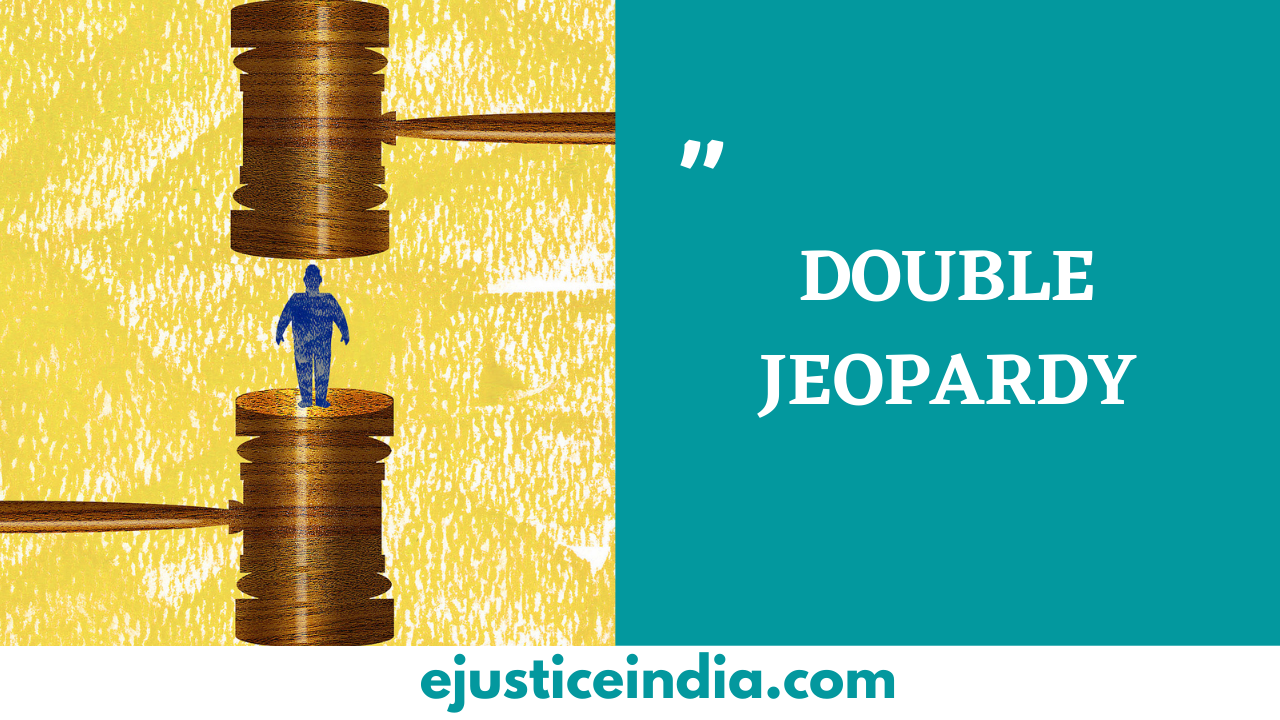MARITAL RAPE: RAPE IS RAPE
Author :- ANUSHKA UKRANI (LAW GRADUATE, CLC, DELHI UNIVERSITY)
INTRODUCTION
Marital rape is the act of sexual intercourse with one’s spouse without the spouse’s consent. While historically sexual intercourse in a marriage is considered to be a right of the spouse, many societies have started recognising non-consensual intercourse in a marriage as an offence. However, Indian society predominantly being a patriarchal society is yet to recognise marital rape as an offence. Even though our society has progressed a lot in certain areas, the perception regarding women has unfortunately remained largely regressive, in the sense that we still see women nothing more her guardian or husband’s property. Because of this mindset, after marriage the husband is considered entitled to sexual intercourse with his wife. Infact, many laws prescribe it as a duty of a wife. As a result the the existence of a woman in a marriage is often reduced to being for the sexual satisfaction of their husbands.
While we do recognise rape as an offence and have enforced stringent laws to protect women against sexual offences, sec. 375 of Indian Penal Code 1860 (hereinafter referred to as IPC) discriminates against married women. while sec 375 itself provides for statutory rape of a child below the age of 18, Exception 3 to sec 375 provides that non-consensual sexual intercourse by a husband with his wife, if his wife is over the age of 15 is not an offence. Even though Article 14 of the constitution does allow reasonable classification, the discrimination between women based on their marital status is certainly not reasonable. It is ironic that the law that provides for the age of consent for sex and marriage for a woman to be 18, sanctions rape of a 15 year old by her husband.
JUDICIAL STANCE ON THE ISSUE
This question came up for consideration before the supreme court in Independent thought v. Union of india (2017), where it was held that sexual intercourse by a man with his wife is an offence, if she is below the age of 18 is rape. In the judgement Justice Lokur said:
“A child remains a child whether she is described as a street child or a surrendered child or an abandoned child or an adopted child. Similarly, a child remains a child whether she is a married child or an unmarried child or a divorced child or a separated or widowed child. At this stage we are reminded of Shakespeare’s eternal view that a rose by any other name would smell as sweet — so also with the status of a child, despite any prefix.”
Infact, the court went on to say that the exception creates an unnecessary distinction between married girl child and an unmarried girl child. It stated how unfair it was to ignore the trauma faced by a 15 year old girl who has been married. And that it was essential to recognise the difficulties it may cause her physically and and also the her reproductive cycle is not prepared. It infact went on to reprimanded the government for trying to legitimise child marriage.
However the court refrained from commenting on the issue of marital rape of a women who is over 18 years of age. Hence, even though this judgement is a positive step in the right direction, in the sense that it acknowledges the trauma of child brides forced into marriage at a very tender age, there is still a long way to go.
The supreme has held in The Chairman, Railway Board v. Chandrima Das that the offence of rape abuses the right to life and the right to live with human dignity of the victim. Rape is not merely an offence under the Indian Penal Code, but is a crime against the society as whole. Based on this there still remain various questions that need to be answered- shouldn’t marital rape be considered violative of article 21 of the constitution? can there be two yardsticks to define rape – rape of an unmarried woman and that of a married woman? Is it acceptable to discriminate a woman just because she is married to the man who raped her? Wouldn’t such discrimination violate article 14?
The supreme court in Justice K. S. Puttaswamy (Retd.) and Anr. vs Union Of India And Ors. (2017) held that right to privacy is a fundamental right protected under article 14,19 and 21 of the constitution. It was held that privacy includes at its core the preservation of personal intimacies, the sanctity of marriage, procreation, the home and sexual orientation. Privacy safeguards individual autonomy and right to control the vital aspects of individual’s life. This judgment had vast implications for RIT Foundation v Union Of India, a writ petition filed in Delhi high court challenging constitutional validity of exception to section 375 IPC. The court took a very progressive stance and observed that “Marriage does not mean that the woman is all time ready, willing and consenting (for establishing physical relations). The man will have to prove that she was a consenting party,”
Even JS Verma committee (2013) which was constituted with an objective to strengthen the anti-rape laws in the country had strongly recommended that the exception for marital rape be removed. However no action has been taken by the legislature in this regard.
CONCLUSION
Despite the fact that 31% of married women (nearly one in three) have been subjugated to physical, sexual and emotional violence at the hands of their spouse and 5.6% women have been reported as victims under the category of “physically forced her to have sexual intercourse with him even when she did not want to”, according to the National Family Health Survey (NHFS) reports, the lawmakers in India have blatantly ignored all evidences and while taking a rather unfortunate and regressive stance against criminalising marital rape have cited mainly two arguments- one, that it will weaken the sacred institution of marriage and second, that there is a potential for misuse. The general perception is that we as a nation are not ready for such a change due to high illiteracy rate, poverty, extreme religious beliefs and the very ‘sanctity’ of the institution of marriage. It has also been argued that if criminalised marital rape will be misused by women to harass their husbands. But we need to ask if marriage is a sacred institution and a union of two souls, wouldn’t it be strengthened by the spouses respecting each other’s choices and privacy? Wouldn’t the recognition of a wife’s consent by her husband actually lead to a healthier relationship? And also just because a law is possible to be misused, does that mean it shouldn’t exist? In country like India where even today women are not able to report real cases of rape, fight against domestic violence, would they really be inclined towards raising false complaints?
In a country like India where child marriage is still very prevalent in rural areas, where there is a major lack of sexual and reproductive awareness among people it is extremely important that the protection given to husbands under sec 375 be abolished. It is essential to recognise the trauma that a bride, especially a minor bride faces when she is married of to an unknown man and subjected to forceful sexual intercourse by him. Such an experience can scar a woman for life. We sure have come a long way however there is still a lot yo be done. It is time that we start seeing women as more than just the property of her husband. It is time that we recognise a woman’s consent in a marriage. Because ‘rape is rape’ irrespective of the perpetrator.


